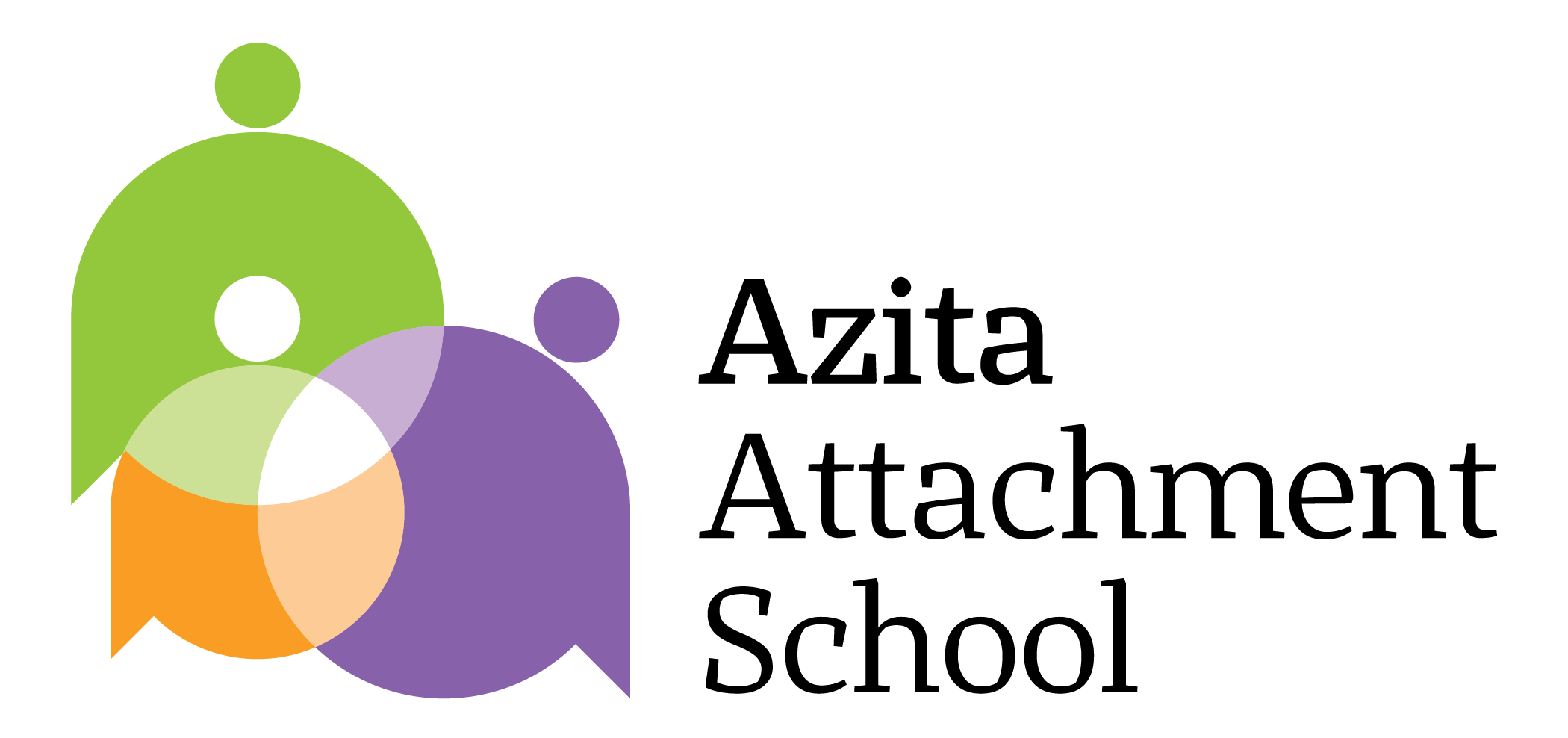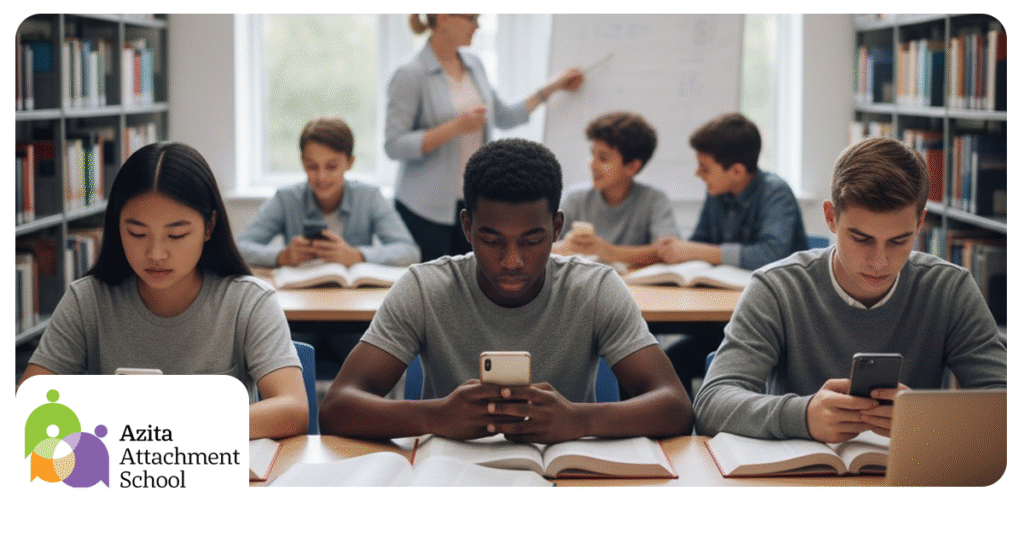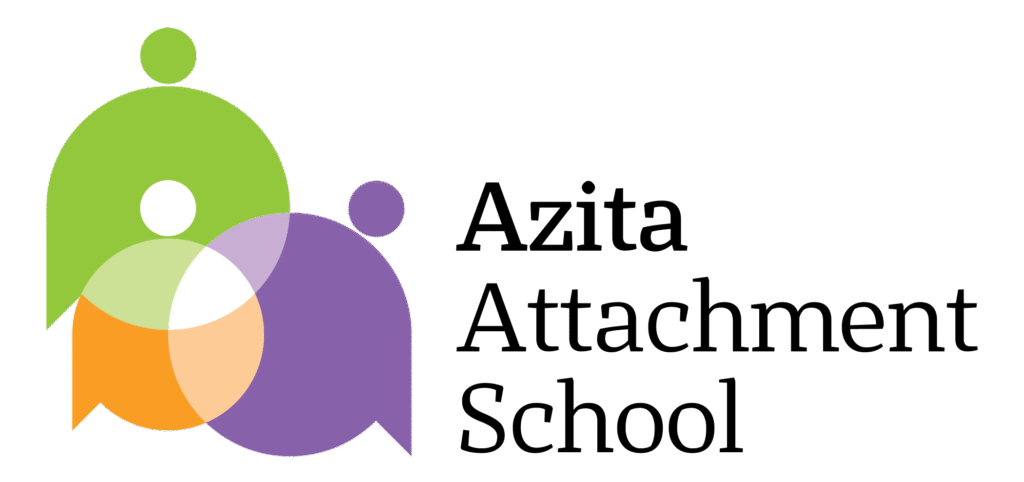Excessive social media use disrupts focus, sleep, and academic performance. Learn global research, statistics, case studies, and practical parental strategies.
Introduction
Social media is deeply embedded in the lives of today’s children and adolescents. Platforms like Instagram, TikTok, and online games provide opportunities for learning and connection. However, research shows that overuse of social media disrupts focus, sleep, and academic success.
Parents and teachers often wonder: Why can’t my child focus on homework? Why are their grades slipping? The answer often lies in digital dependency and distraction from social media.
Historical Background and Research
- 2000s: Early studies linked excessive gaming to lower academic performance.
- Twenge (2017, iGen): Teens spending more than 3 hours/day on social media show reduced focus and higher anxiety.
- UNICEF (2021): Teens heavily engaged in social media are twice as likely to experience academic decline.
- OECD (2022): Educational use of technology shows benefits, but recreational overuse strongly correlates with poor performance.
Global Data
- USA (Pew, 2022): 58% of teens say social media distracts them from homework.
- Europe (EU Kids Online, 2020): 47% of students admitted avoiding study because of phone use.
- Iran (2019): 63% of parents reported social media overuse harms their children’s focus.
- Japan: Students spending over 5 hours daily online scored one GPA lower on average.
Case Study
Raha, 15 years old:
Raha spent hours scrolling Instagram and TikTok. During study time, she checked her phone every 5 minutes, leaving assignments unfinished. Her parents initially scolded her, but later, with parent coaching, they established clear phone-use rules. By scheduling focused study sessions and designated breaks, Raha’s concentration improved dramatically.
Consequences of Social Media Overuse
- Reduced focus: Constant multitasking between phone and homework.
- Lower grades: Less time for deep study and sleep.
- Increased anxiety: Comparison with peers online.
- Sleep disruption: Blue light exposure reduces sleep quality.
- Family conflict: Frequent arguments over phone use.
Why Social Media Disrupts Focus
- Dopamine spikes: Notifications train the brain for instant rewards.
- FOMO: Fear of missing out drives compulsive checking.
- Social comparison: Online “ideal” images cause stress.
- Time drain: Hours lost that could be used for rest or study.
Step-by-Step Interventions
- Awareness: Track actual phone use for one week.
- Digital boundaries: Create phone-free times (during study, before bed).
- Balanced schedule: 45 minutes study + 10 minutes break with phone use.
- Parental modeling: Parents who overuse phones undermine rules.
- School support: Teach time management and attention skills.
- Professional help: In severe cases, CBT or parent coaching.
Quick Tips for Parents
Remove phones from the bedroom at night.
Turn off notifications during study.
Create structured social media times.
Replace blame with open conversations.
Conclusion
Social media, when unmanaged, becomes a major source of distraction and academic decline. With clear boundaries, role modeling, and supportive dialogue, parents can help children balance online life with real academic success.


